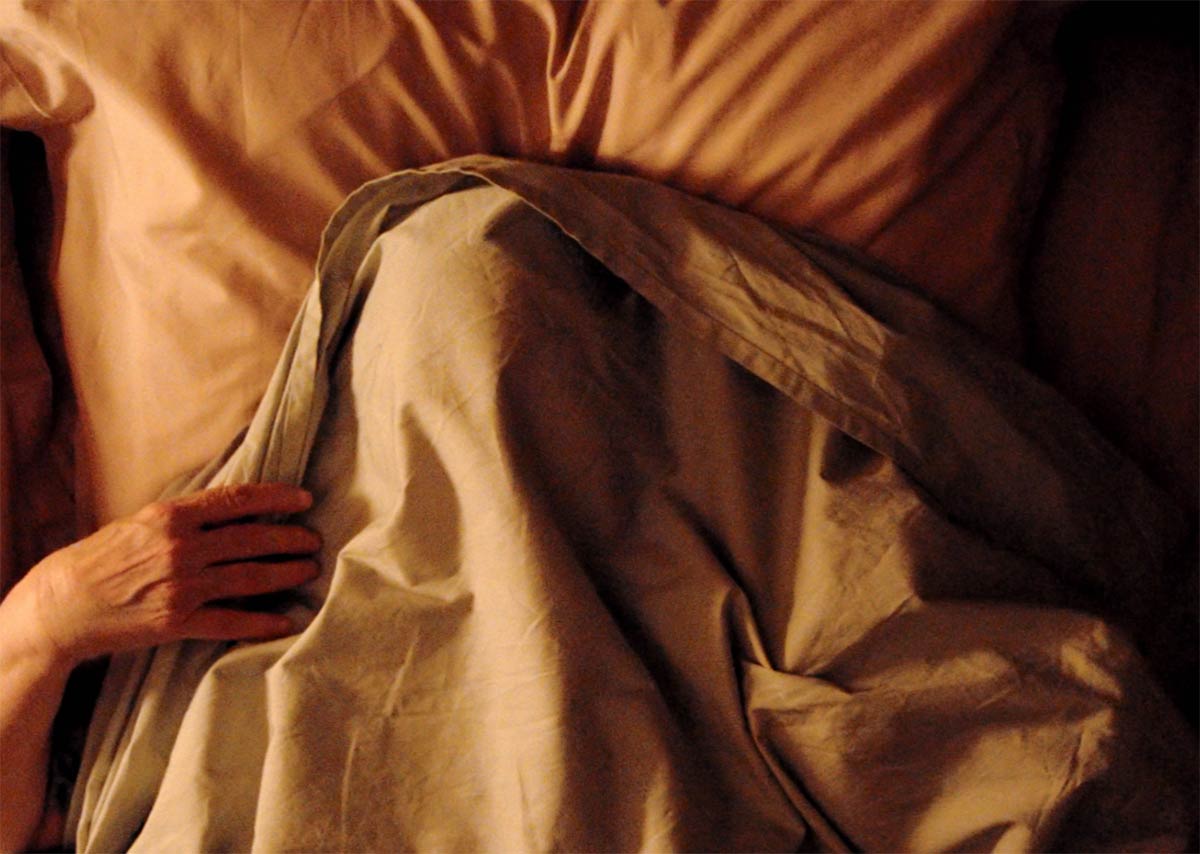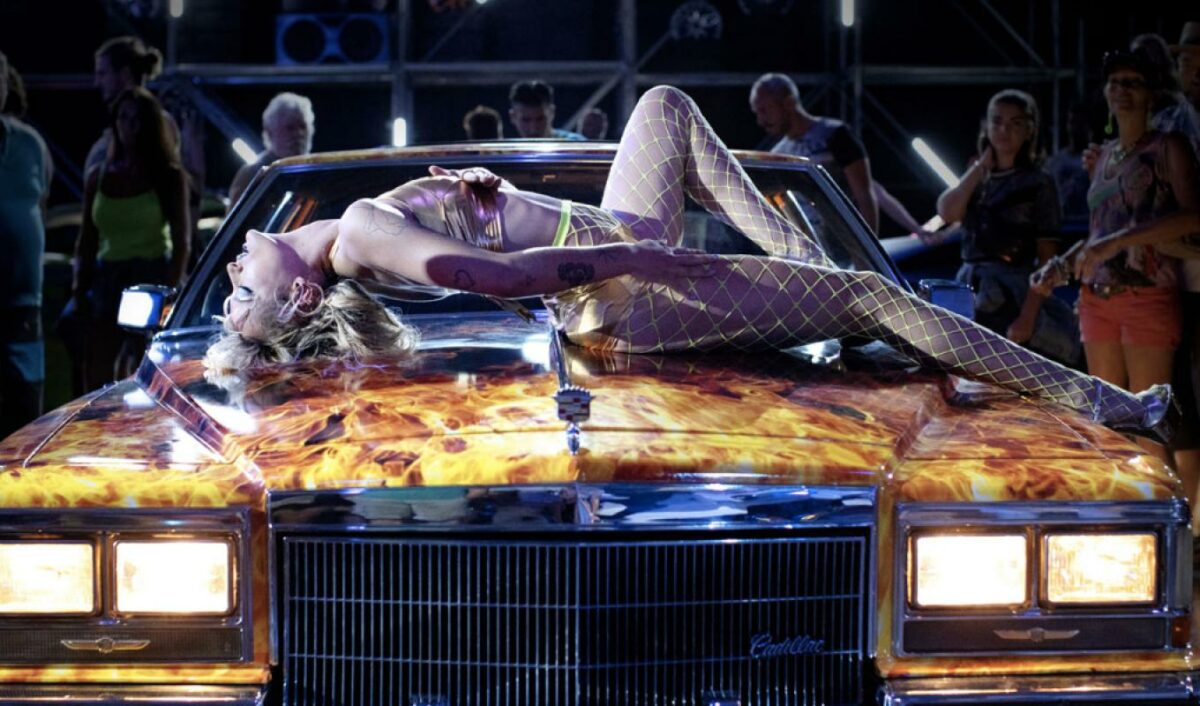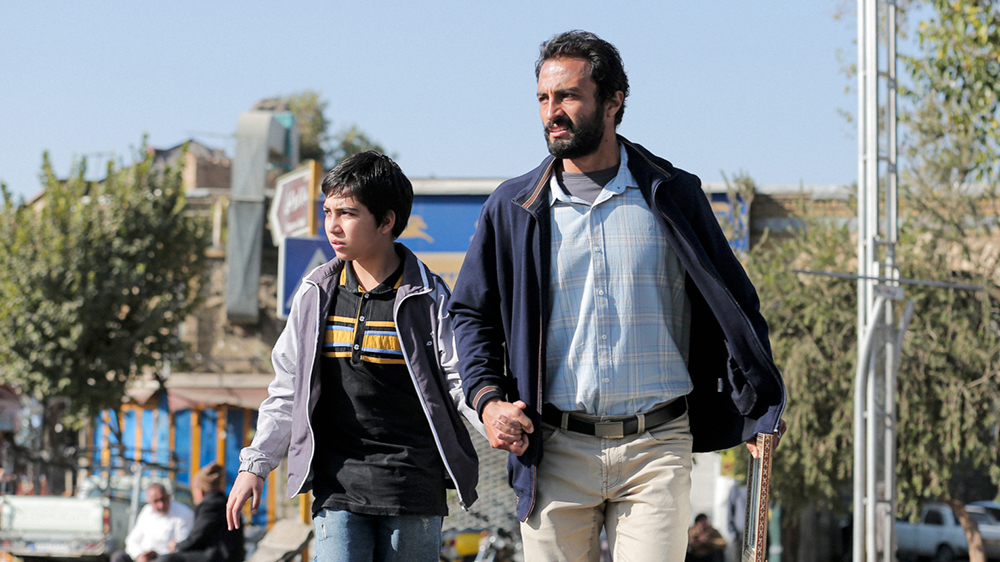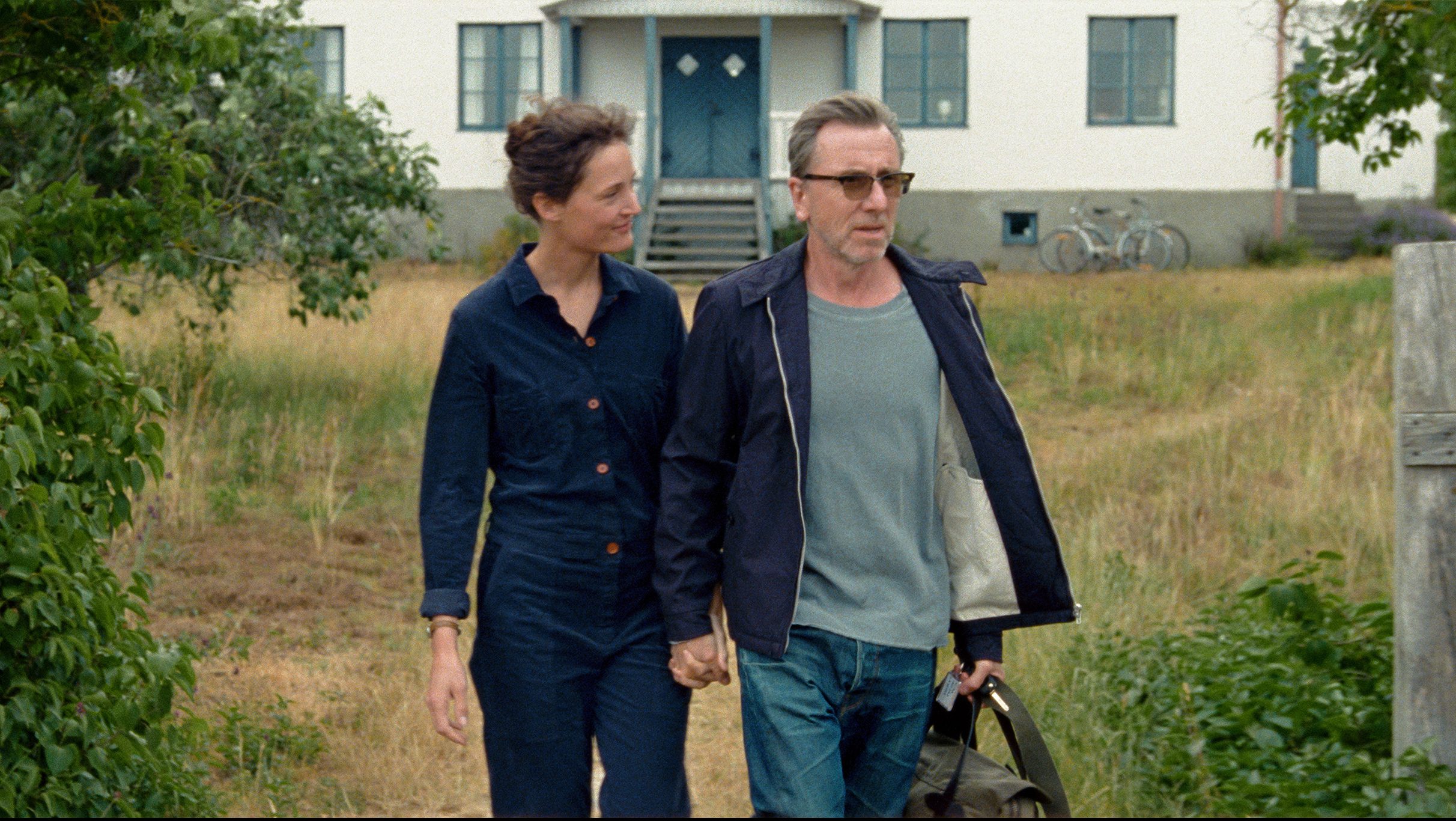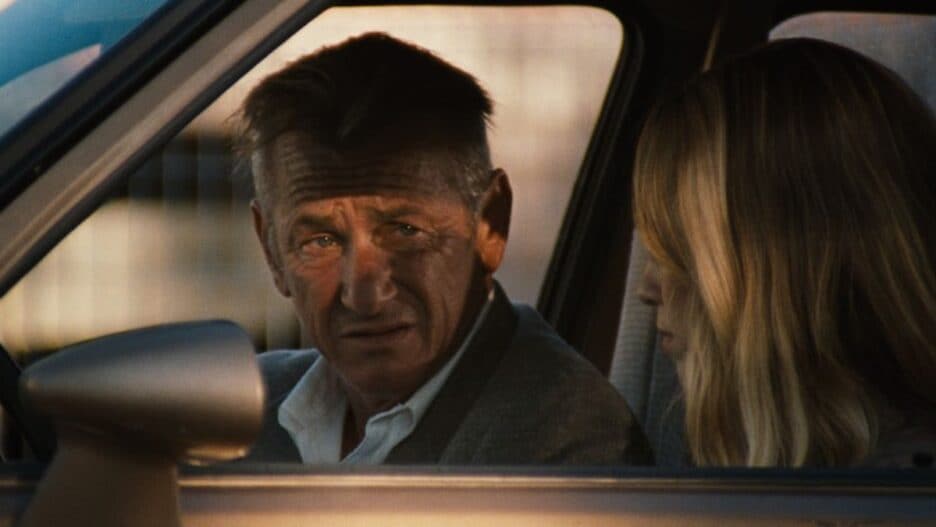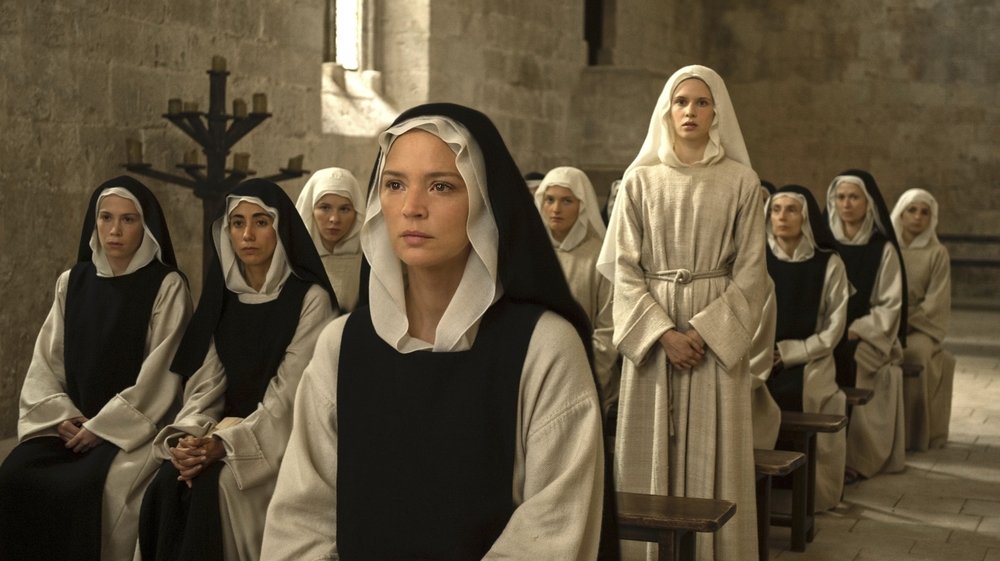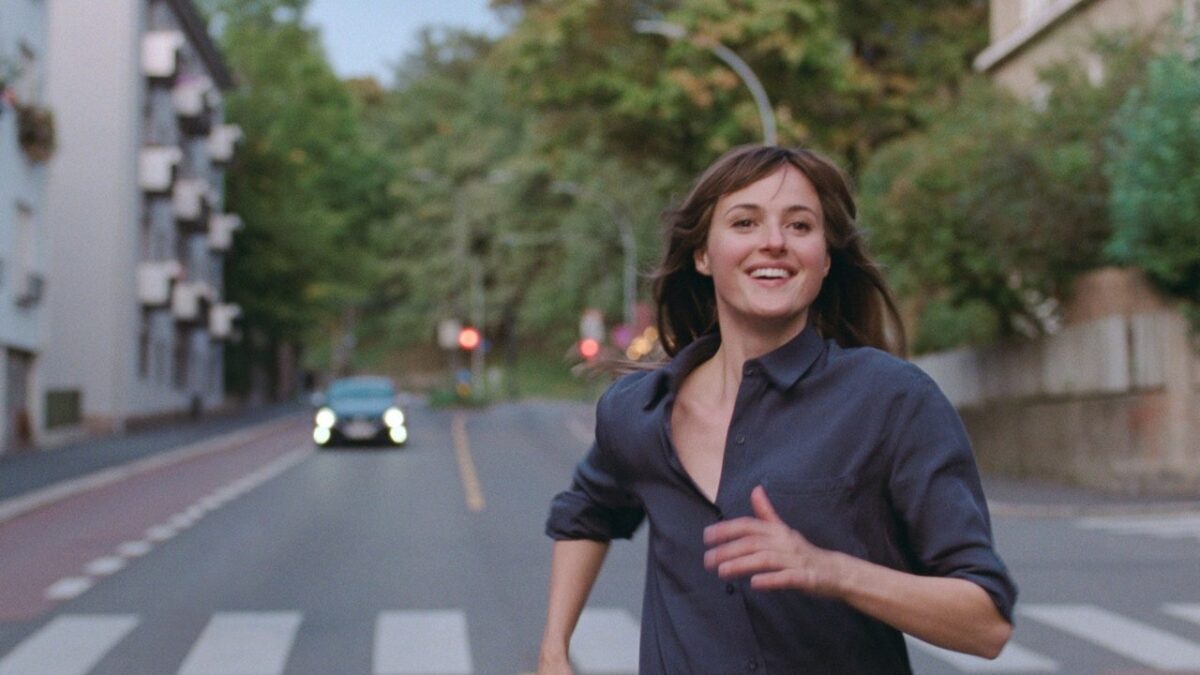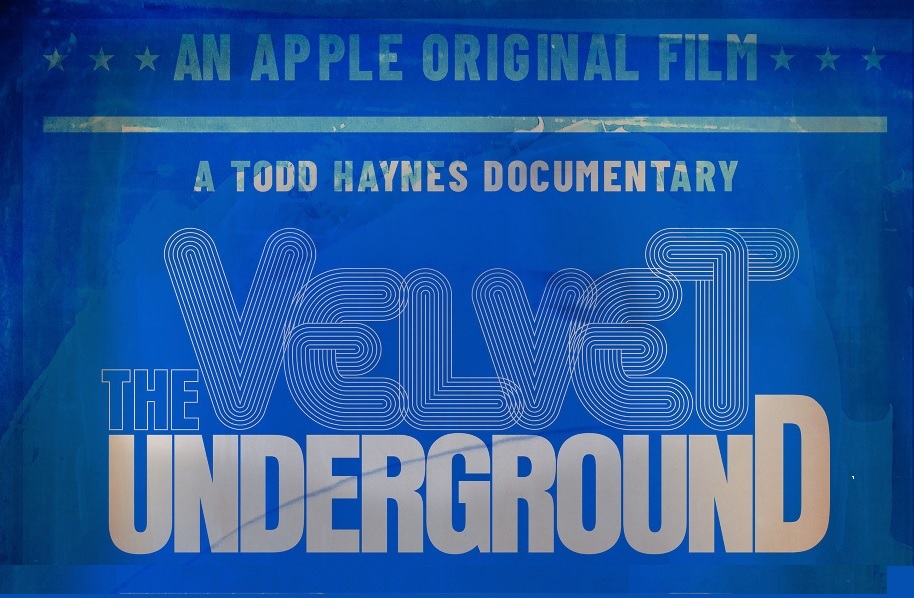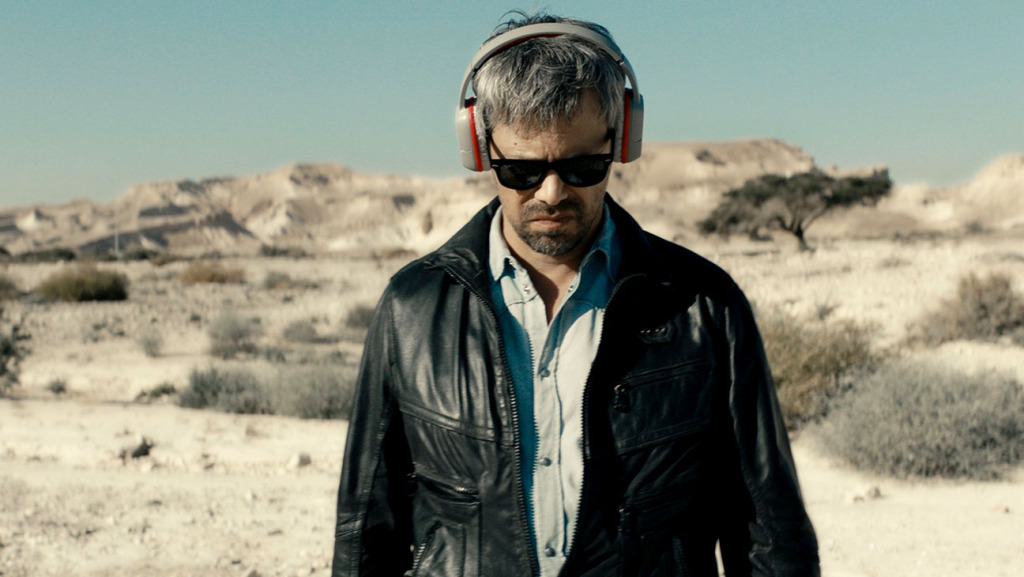Gaspar Noé always aims to divide. Enter the Void, Irreversible, Climax… The dividing line for these films lies between people who are frustrated by them and hate being frustrated by them, and those who are frustrated by them but seem to enjoy being frustrated by them. Vortex, however, will push one of these sides to the other based on how “normal” it is. Not even just normal, but also sensitive. In fact, this might be the weirdest Noé film just based on how conventional it is. Not as assaulting as his previous films, Vortex creeps into your psyche subconsciously. It’s not aggressive, rather it lets time itself do the work leading to self-destruction.
If you haven’t heard the rumors by now, Vortex follows an aging couple (Dario Argento and Françoise Lebrun) as dementia begins to set in on both of them, stumbling into madness. Struck from the original negative just days before its premiere at the Cannes Film Festival (probably why it was given a time slot at midnight on the very last day), the film has an ebb and flow feel to it, as if to show the waves of old age and dementia crash and recede. (Oh yeah, did I mention it’s all in split screen?)
The use of split screen aims to, again, divide, aiding in a sort of psychological separation in the minds of the spectator by using two plots happening concurrently – one side follows the husband, and the other the wife. There’s a prominent showing of clocks throughout the film always peeking out of pockets in the frame, perhaps to serve as the only constant between both sides of the film’s plot: the time they have that’s passing.
It’s hard to sell it as a midnight premiere at Cannes, however. At some point during its two and a half our runtime, I had the thought that this move may have originally been longer, and Noé decided to use the split screen method to make it that much shorter. (Its subject matter doesn’t quite serve as “midnight” status either, but because Noé’s a fixture of Cannes, I see it.)
Yet, the novelty factor faults from the lack of counter-conventionality. It doesn’t quite make up for the somewhat opaque external journey the couple makes. While your eyes dart from one side of the screen to the other, Vortex fools you into not thinking of it in conventional terms: the conflict, midpoint, crisis moments all become secondary. For a shorter film, perhaps this would work. But its lengthy runtime stretches itself a little thin.
Regardless, the cinema world can rejoice because we have something we rarely get: a Gaspar Noé film – a film we can debate, digest, and process. “For those whose brains will rot before their hearts,” states a quote shown during the opening (or as Noé sees it, closing) credits, and with it comes his most personal, sensitive, and vulnerable work to date.
